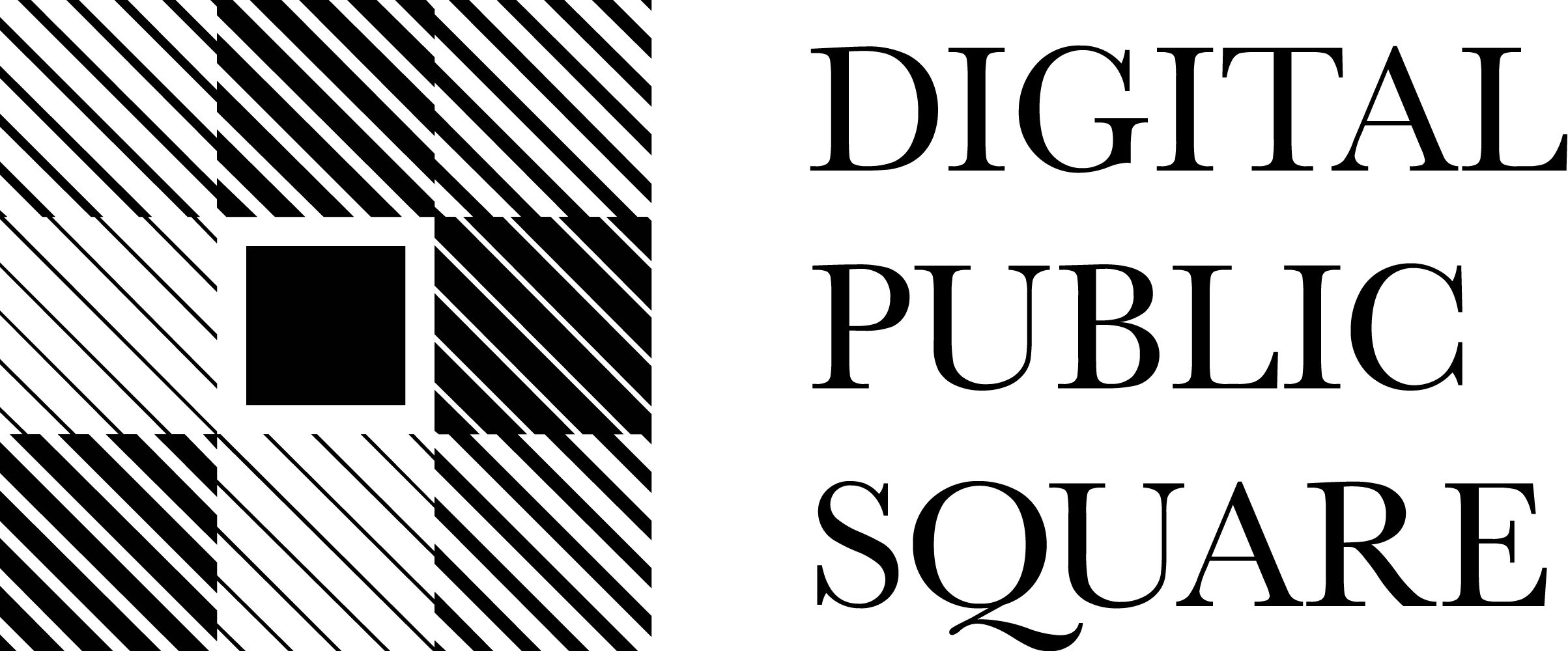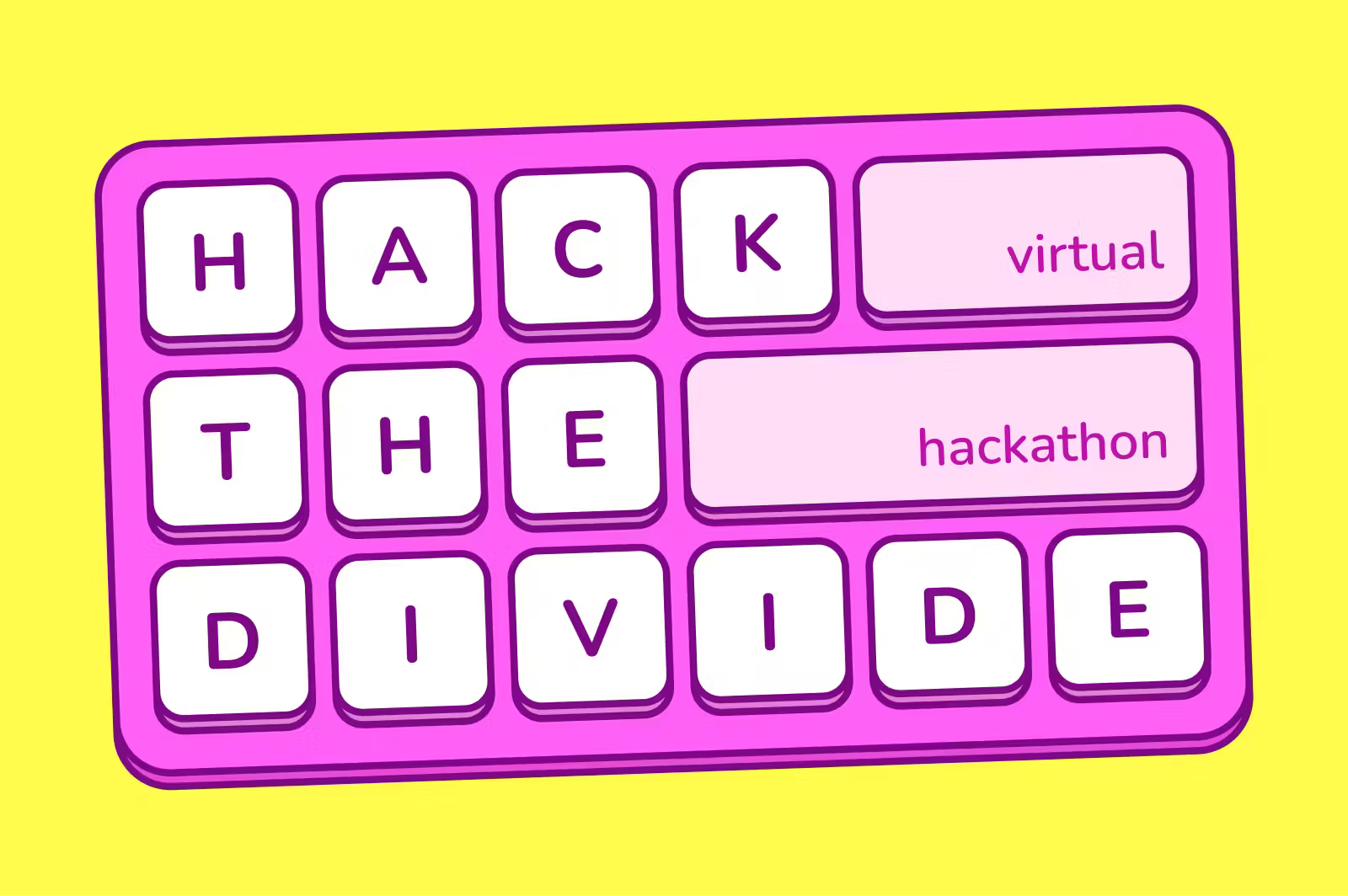Digital Public Square and Code for Canada recently hosted Hack the Divide, a virtual hackathon where innovators from across Canada developed innovative solutions to the growing challenge of social and political polarization. From September 26 to 28, coders, designers, storytellers, and systems thinkers teamed up to create digital tools and interventions to help Canadians navigate disagreements, stay curious, and foster respectful dialogue.
Organized in response to the increasing polarization seen in Canada and online, Hack the Divide challenged participants to find solutions to complex challenges such as echo chambers, perceived polarization, media outrage cycles, and the link between identity and ideology. The event moved beyond simply identifying these problems to prototyping tangible solutions.
“People are feeling like our technology does more to set us against each other than to bring us together,” said Ben Windeler, Digital Strategy Lead at Digital Public Square. “We launched Hack the Divide to create a space for people to explore how technology can build bridges instead of barriers.”
Dorothy Eng, CEO at Code for Canada, said, “We know there are people nationwide who want to use their technology skills for the public good. This hackathon is an exciting opportunity to bring together civic technology volunteers from across the country to tackle an important and timely challenge.”
Over the course of the hackathon, participants created seven projects, attended four polarization workshops, and sent 1,540 messages over Slack. Two teams won overall at Hack the Divide.
Team Daiya, consisting of Hope Akello, Sahar Khyabani, and Jerikka S, explored a creative AI-powered speaker tool that would act as in-person referee for challenging group conversations.
Team Connecto, consisting of Anil Kumar, Tom, Miriam Hotter, and Jérôme Mignault, built a prototype for a digital conversation facilitator that would provide prompts for seeking common ground and give practical tips for managing conflicts.
These two projects showed remarkable creativity, implementation of best-practices, and storytelling ability. They addressed different dimensions of polarization, with Daiya focusing on the human experience of engaging with a digital tool in-person and Connecto focusing on online informational content and implementation.
The projects were judged by a panel of democracy and civic technology leaders, including:
- Ahmed Khalifa: Ahmed loves building—code and bridges. As the Principal Architect of the API gateway and marketplace at Telus, Ahmed has a depth of experience building big software in big businesses. He also builds software for non-profits and charities to share his love of coding with the social impact world.
- Charles Finley: Charles is a seasoned leader in strategic transformation and operations. His work as a founder, board member, and advisor across many organizations brings together system-level thinking with inclusive community building. As a trailblazer in civic technology and social innovation, he has a great depth of experience in starting, building, and achieving scalable impact.
- Emily Traynor Mayrand: Emily is an expert researcher and knowledge mobilizer on violent extremism and terrorism. Her work in academia, in civil society with the Violence Prevention Network, and in the public service with the Government of Canada gives her a nuanced perspective of the forces leading to polarization as well as the downstream impacts that polarization can have on individuals and communities.
Hack the Divide saw Canadians come together to move from frustration to action, creating meaningful interventions that promote curiosity and connection. We will feature some more of the creative solutions that emerged from Hack the Divide in the weeks ahead.

